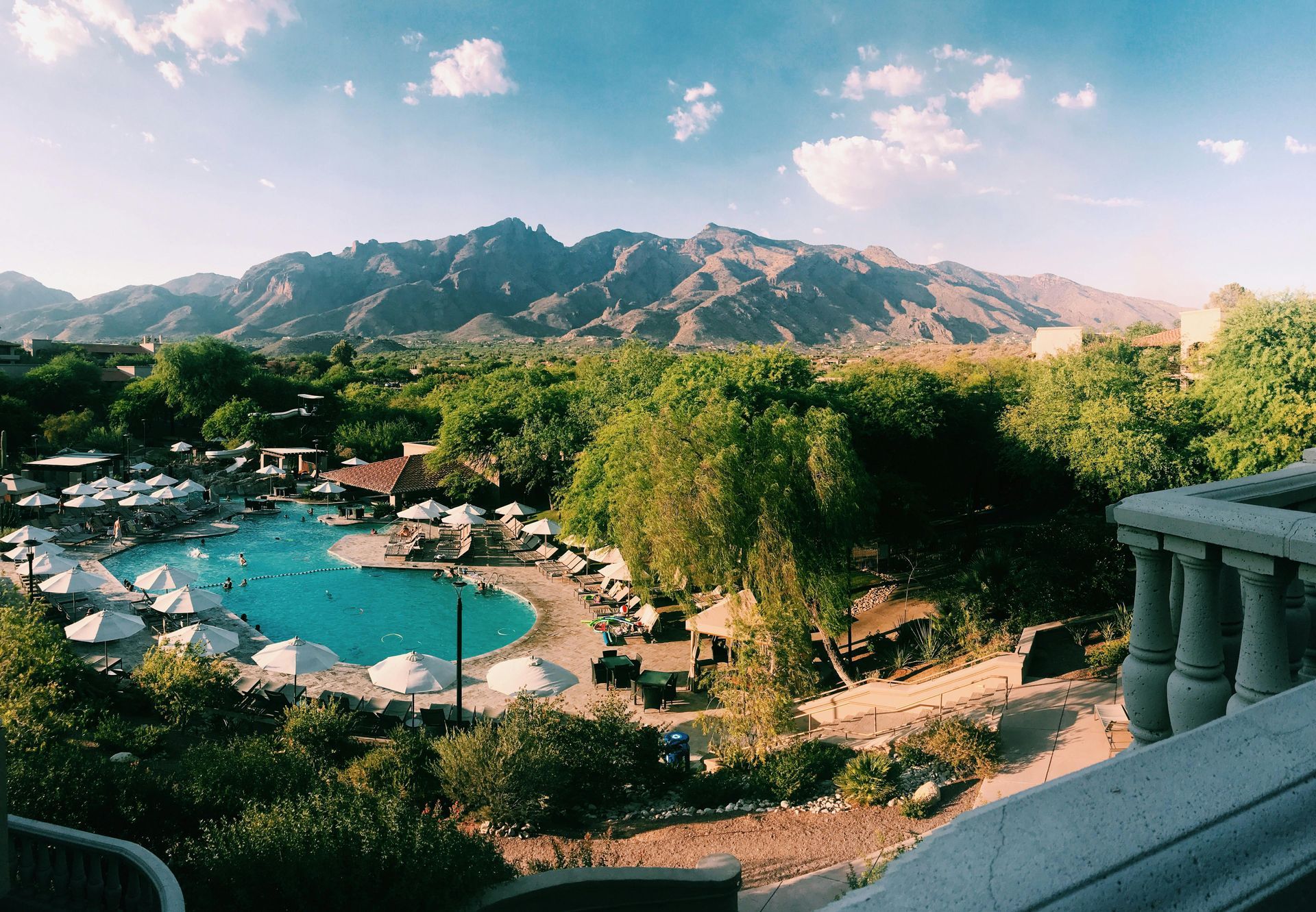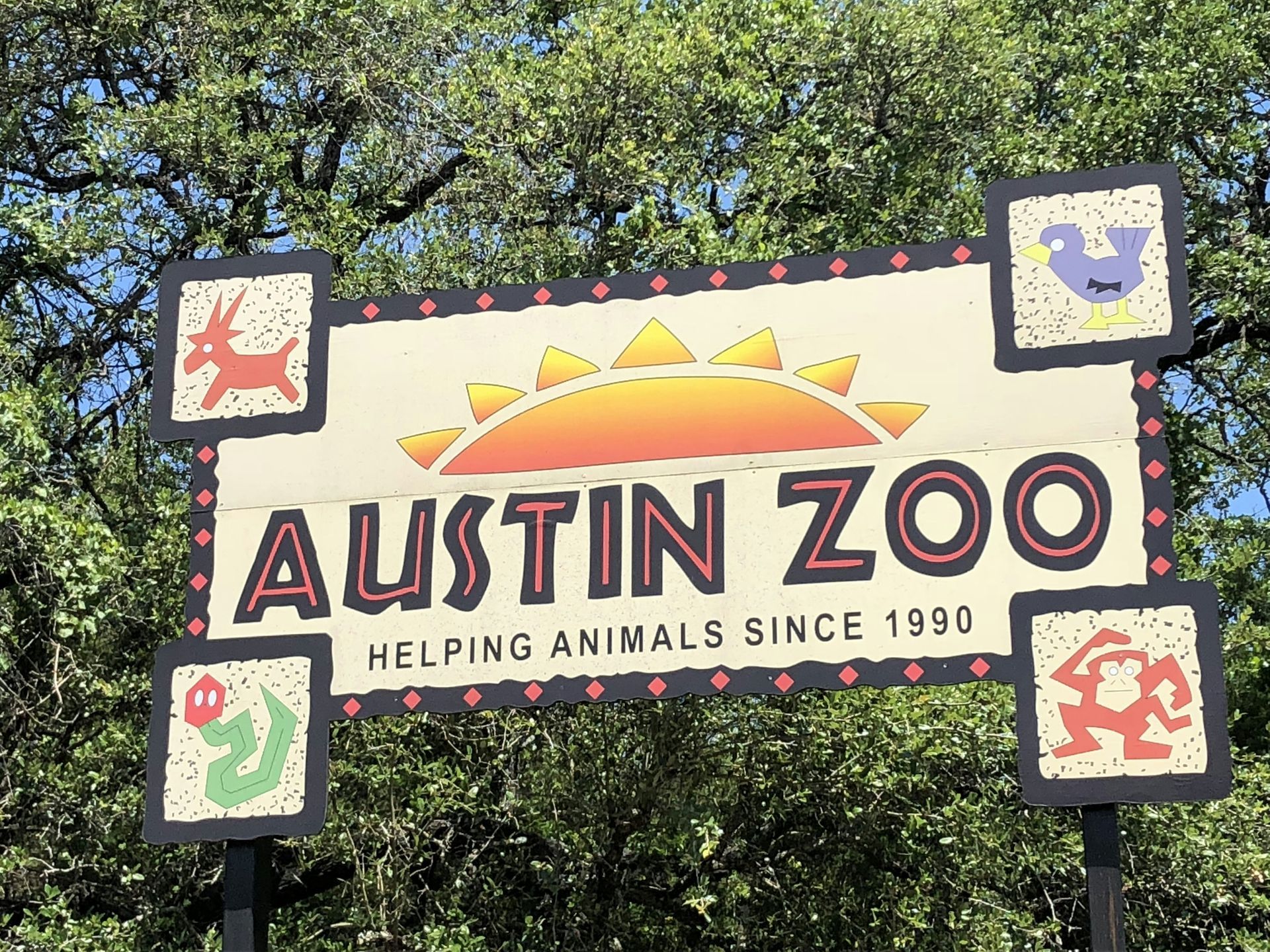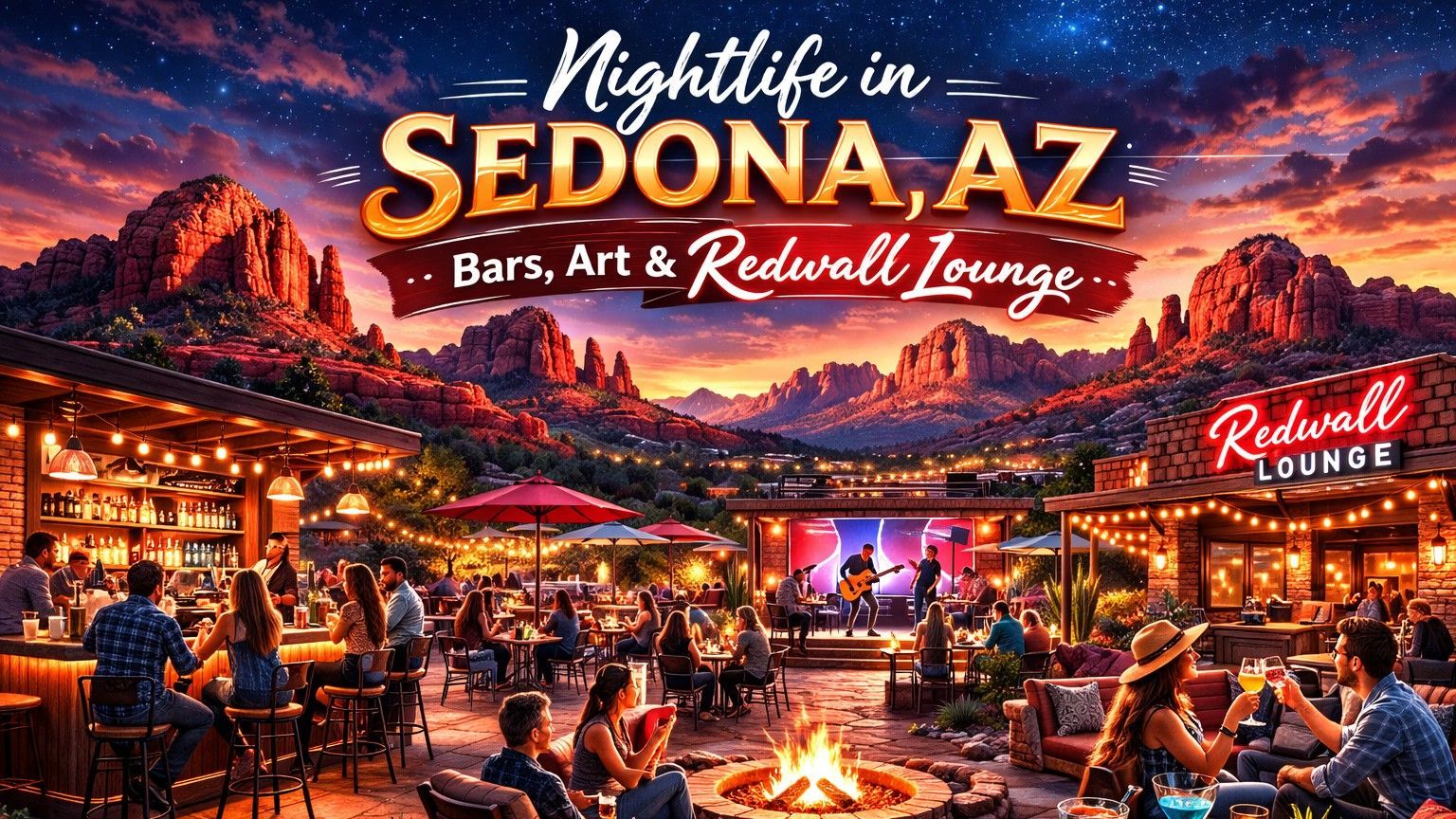
Arizona's stunning desert landscapes, year-round sunshine, world-class golf courses, and cultural attractions have made it a premier destination for global travelers. The state offers diverse experiences, from the Grand Canyon to Scottsdale's nightlife, that drive a thriving tourism industry and a booming short-term rental market.
However, behind this opportunity lies a complex web of Arizona Airbnb and short-term rental laws that hosts must navigate to operate legally and successfully. This regulatory landscape features a combination of state oversight and significant local control, creating a patchwork of requirements that vary by property's location.
This guide clarifies regulations for current and prospective short-term rental hosts. We'll cover essential state laws, local ordinances, and guidance for major Arizona destinations. Understanding and complying with these is important for building a sustainable, profitable business in the Grand Canyon State.
Understanding Arizona's State-Level Short-Term Rental Law (SB 1350 & Updates)
Senate Bill 1350 (SB 1350), enacted in 2016 and amended, begins Arizona's short-term rental regulation. This legislation established Arizona as a STR-friendly state by creating a framework that prevents local governments from banning short-term rentals.
Key Provisions of SB 1350
SB 1350 prevents cities and counties from prohibiting short-term rentals solely because of their duration. The law established that residential properties could be used for vacation and short-term rentals, allowing the industry to thrive. It streamlined taxation by requiring operators to obtain a Transaction Privilege Tax (TPT) license from the Arizona Department of Revenue and collect applicable taxes from guests.
In 2019, amendments through HB 2672 granted local jurisdictions more authority to regulate STRs for specific purposes and impose restrictions while maintaining the prohibition on outright bans.
State Preemption vs. Local Authority
State law prevents local governments from prohibiting short-term rentals but allows municipalities to regulate them for legitimate public purposes. Cities and counties can implement rules related to:
- Protection of public health and safety
- Noise management
- Property maintenance standards
- Zoning requirements
- Licensing and registration systems
- Address complaints
- Insurance requirements
This creates a two-tiered regulatory system where hosts must comply with both state-level requirements and extra rules from their city or county.
Impact on Hosts
Hosts have the right to operate a short-term rental in Arizona (barring HOA restrictions) and are subject to detailed local regulations. State law serves as a baseline, but local ordinances add compliance requirements and operational limitations that differ by jurisdiction.
Key Statewide Requirements for Arizona Short-Term Rental & Airbnb Hosts
Regardless of your property’s location in Arizona, certain state-level requirements apply to all short-term rental operators. These establish your compliance obligations.
Transaction Privilege Tax (TPT) Licensing
All short-term rental operators in Arizona must obtain a Transaction Privilege Tax (TPT) license from the Arizona Department of Revenue (AZDOR). This is a mandatory requirement under state law and serves as your foundational business license for tax collection.
To obtain your TPT license:
- Apply online through the AZTaxes.gov portal.
- Pay the applicable license fee ($12 per location)
- Provide basic business and property information.
- Get your TPT license number for tax filing and potential listing requirements.
This state license is separate from any local licenses or permits. You must include your TPT number in your property listings on platforms like Airbnb and VRBO, and on any local registration applications.
Tax Collection and Remittance
STR operators collect and remit:
- State TPT (currently 5.6%)
- Applicable County Excise Tax (rates differ by county)
- Applicable City TPT (rates vary by city)
- Combined tax rates can range from:
- 7.5% in areas with low local taxation
- In tourist areas like Scottsdale, up to 14.55%
Platforms like Airbnb and VRBO collect and remit some taxes on your behalf, but not all local taxes. The responsibility for tax compliance remains with the property owner. Many hosts use short-term rental accounting software or professional help to ensure compliance.
Emergency & Complaint Contact
Arizona state law requires STR owners to provide contact information for someone responsible for responding to complaints and emergencies. This contact must respond promptly (typically within 60 minutes). This ensures guests, neighbors, or authorities can reach someone quickly if issues arise.
Local Control: Arizona Cities and Counties Take Action
State law sets basic parameters, but local governments can add regulations addressing community-specific concerns. These local rules operate within the framework allowed by SB 1350 and amendments, focusing on valid public concerns rather than prohibiting STRs entirely.
Local regulations vary dramatically across Arizona. Here are the areas where cities and counties exercise their regulatory authority:
- Registration/Permits: Most larger cities require STR operators to register their properties and obtain specific permits or licenses in addition to the state TPT license.
- Fees: Local registration usually involves annual fees, ranging from modest ($50-100) to significant ($250-1,000+) depending on the jurisdiction.
- Occupancy Limits: Many jurisdictions impose guest limits based on property size, bedrooms, or parking availability to avoid overcrowding.
- Noise & Nuisance Ordinances: Special rules or enhanced enforcement for vacation rentals related to quiet hours, outdoor activities, and disruptive behavior.
- Parking Rules: Specific requirements for guest parking, limiting street parking and requiring designated spaces.
- Safety Standards: Mandates for safety equipment beyond basic building codes, such as pool barriers, enhanced fire safety equipment, and emergency information displays.
- Local Contact Requirements: Many cities require a local contact person to respond to issues within a specific timeframe, sometimes more stringent than state requirements.
- Insurance Requirements: Some municipalities mandate specific liability insurance coverage levels (typically $500,000 to $1 million).
- Rule Posting: Requirements to visibly post local rules, permit information, emergency procedures, and contact details within the rental property.
Navigating Arizona City & County Ordinances
Rules vary across Arizona jurisdictions, with major tourist destinations typically implementing the most detailed regulations. Check the official city/county website for your property's location, as requirements evolve frequently. The following represents key requirements as of 2025, but verification with official sources is important.
Phoenix Airbnb Rules
The state's largest city maintains a focused approach compared to neighboring municipalities:
- Registration Requirement: Registration with the City of Phoenix
- Fee: $250 annual registration fee
- Contact Requirements: Must provide owner and emergency contact information.
- TPT License: Arizona TPT license number must be included in registration.
- Safety Standards: Compliance with city building and safety regulations
- Rule Posting: Emergency contact information must be displayed in the rental.
Scottsdale STR Ordinance
Scottsdale has implemented some of the state's most thorough STR regulations:
- Licensing: Mandatory Scottsdale STR license required
- Fee: $500 annual license fee
- Contact Requirements: 24/7 emergency contact who can respond within 60 minutes
- Background Check: Required for owner/responsible party
- Insurance: Liability insurance of at least $1 million required
- Occupancy Limits: Two adults per bedroom plus two additional adults.
- Noise Regulations: Strict enforcement with potential use of monitoring technology
- Public Posting: All advertisements and property must display the license number.
- Enhanced Penalties: Significant fines for violations, up to $3,500 for some offenses
Sedona Vacation Rental Laws
This popular tourist destination has regulations to maintain community character:
- Registration: Required registration with the City of Sedona
- Fee: $350 annual permit fee
- TPT Requirement: Must provide state and city TPT license numbers.
- Residential Standards: Increased emphasis on preserving the character of residential neighborhoods
- Inspections: Safety inspections may be required
- Noise & Parking: Regulations addressing the effects of tourism
- Contact Requirements: Local emergency contact available within an hour
Flagstaff Airbnb Permit
This mountain community's approach includes:
- Dual Licensing: A business license and a separate STR permit are required.
- Fee: $300 combined annual fees
- Zoning Compliance: Verification of property zoning eligibility
- Parking Requirements: Designated parking requirements based on property size.
- TPT Verification: Proof of state and city TPT licenses
- Safety Standards: Adherence to improved safety requirements
- Occupancy Limits: Based on property size and bedroom count
Tucson STR Regulations
Tucson's regulations include:
- Business License: Required business license for STR operation
- Registration: Specific STR registration with the city
- Fee: $200 initial registration plus annual renewal
- Contact Person: Local contact available for assistance
- Noise Ordinance: Special enforcement provisions for short-term rentals
- Safety Requirements: Compliance with city building and safety codes
County Rules & Other Municipalities
Properties in unincorporated areas fall under county jurisdiction, with different requirements:
- Maricopa County: Properties in unincorporated areas have different requirements than those in Phoenix or Scottsdale.
- Pima County: Has its own regulations for unincorporated areas.
- Coconino County: Specific rules apply beyond Flagstaff city limits
- Smaller Towns: Many smaller municipalities have unique rules, sometimes stricter than larger cities.
Check with the county or municipality where your property is located for current requirements.
Essential Safety and Operational Standards
Certain safety and operational standards are essential for legal and safe operation throughout Arizona, beyond local regulations. These represent minimum requirements regardless of jurisdiction.
Fire Safety
- Smoke Detectors: Functional smoke detectors in each bedroom and on every level.
- Carbon Monoxide Detectors: Required if the property has fuel-burning appliances or an attached garage.
- Fire Extinguishers: At least one accessible fire extinguisher typically required in or near kitchen
- Emergency Exits: Clear pathways to exits and windows for escape in emergencies.
Pool Safety
Arizona has specific pool barrier laws for residential properties:
- Enclosure around the pool at least 5 feet high
- Outward-opening gates that self-close and self-latch
- No direct access from the house to the pool without passing through a barrier.
- Additional local requirements apply based on jurisdiction.
Noise & Nuisance Prevention
- Implement and enforce quiet hours (10 PM to 7 AM).
- Communicate rules regarding large gatherings and parties
- Consider using noise monitoring devices that don't record conversations and monitor decibel levels.
- Give neighbors contact information to report issues.
Occupancy Limits
- Adhere to local occupancy limits (typically 2 persons per bedroom plus 2)
- Set clear maximum occupancy standards in your house rules and rental agreements.
- Ensure your marketing reflects these boundaries.
Rule Posting
- Most jurisdictions require posting the following information clearly:
- Emergency contact information
- Local regulations
- Quiet hours and noise restrictions
- Parking guidelines
- Emergency procedures and evacuation routes
Non-Compliance
Non-compliance with Arizona Airbnb laws can put your rental business at risk:
- Monetary Fines: Range from hundreds to thousands of dollars, with some cities imposing penalties of $1,000+ per violation or per day of non-compliance. Scottsdale can impose fines up to $3,500 for certain violations.
- License Suspension or Revocation: Both state TPT licenses and local permits can be suspended or revoked for serious or repeated violations, halting operations.
- Mandatory Waiting Periods: Some jurisdictions impose waiting periods before allowing reapplication after revocation.
- Platform Removal: Non-compliant properties may be removed from platforms like Airbnb and VRBO, especially if they operate without required licenses or permits.
- Legal Action: Hosts may face civil litigation from neighbors, guests, or local authorities for operating in violation of applicable laws, beyond administrative penalties.
Claiming ignorance of AZ STR regulations is not a valid defense. As cities allocate more resources to monitoring short-term rental compliance, enforcement has become stricter.
Staying Compliant and Maximizing Success with Your Arizona STR
Managing AZ STR regulations requires ongoing diligence. The regulatory environment evolves as communities respond to the vacation rental industry’s growth. Successful hosts adopt a proactive compliance approach while focusing on guest experience and property performance.
Best practices for ongoing compliance include:
- Creating a detailed compliance checklist for your property's location
- Setting calendar reminders for permit renewals and tax filing deadlines
- Maintaining digital copies of all licenses, permits, and communications with authorities
- Regularly checking official government websites for regulatory updates.
- Joining local host associations to stay updated about emerging issues.
Successful STR operations require attention to details. These include optimizing pricing, maintaining high property standards, managing guest communications, handling emergencies, and staying informed about market trends.
Partnering with Experts
Navigating Arizona Airbnb laws requires diligence and expertise. For owners seeking peace of mind and maximized returns from their luxury properties, partnering with a seasoned expert is invaluable. Home Team Luxury Rentals, founded by Superhosts and managing over 300 high-end properties nationwide, offers comprehensive, full-service management tailored to the luxury market in Arizona. We handle everything from local regulations and pricing to delivering exceptional guest experiences, ensuring your investment is compliant and profitable.
In Arizona's complex regulatory landscape, where requirements vary by location and are frequently updated, professional management is valuable. A dedicated team stays current with changing regulations, handles registrations and tax filings, and ensures your property meets safety and operational standards while optimizing revenue.
Conclusion: Operating Legally and Successfully in Arizona
The Arizona short-term rental market offers substantial opportunities for property owners willing to navigate its regulatory landscape. Success depends on understanding and adhering to the Airbnb regulations set forth at all levels of government to ensure compliance and smoothe operations.








